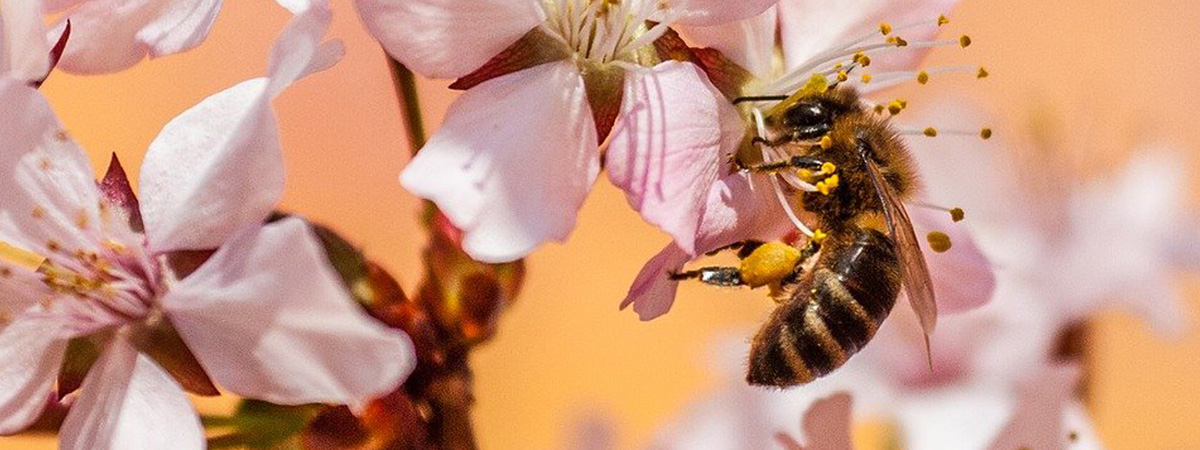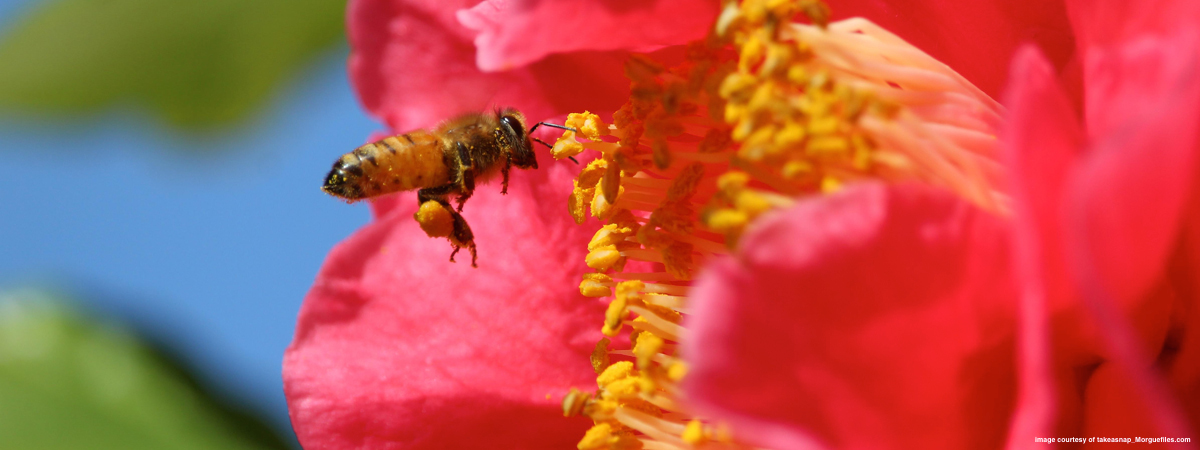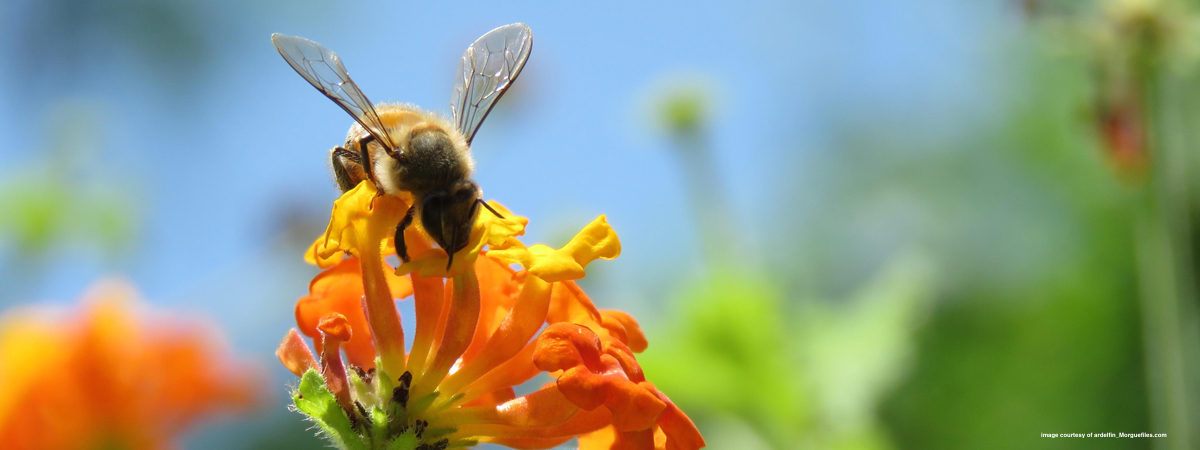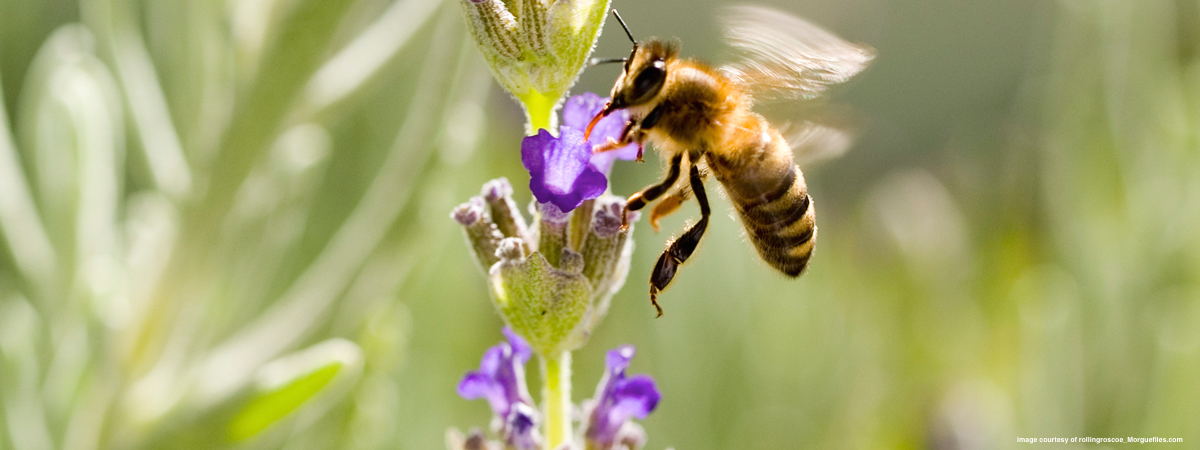Scientific Research and Publications about GREEN Propolis
To stay up to date with the latest Propolis research posts, follow our Propolis Science facebook page facebook.com/PropolisScience.
• Green propolis modulates gut microbiota, reduces endotoxemia and expression of TLR4 pathway in mice fed a high-fat diet.*
• Fighting eye diseases with Brazilian Green Propolis.*
• Brazilian green propolis promotes TNFR2 expression on regulatory T cells
• Effects of Baccharin Isolated from Brazilian Green Propolis on Adipocyte Differentiation and Hyperglycemia in ob/ob Diabetic Mice
• The Chemical Composition of Brazilian Green Propolis and Its Protective Effects on Mouse Aortic Endothelial Cells against Inflammatory Injury.
• A comparative study between Chinese propolis and Brazilian green propolis: metabolite profile and bioactivity.
• Evidence-Based Studies and Perspectives of the Use of Brazilian Green and Red Propolis in Dentistry.
• Effect of Green and Brown Propolis Extracts on the Expression Levels of microRNAs, mRNAs and Proteins, Related to Oxidative Stress and Inflammation
• A Great Concern Regarding the Authenticity Identification and Quality Control of Chinese Propolis and Brazilian Green Propolis.*
• BRAZILIAN GREEN PROPOLIS CAN HELP TO TREAT ALZHEIMERS DISEASE.*
• Evaluation of Preventive Effects of Brazilian Green Propolis on Equine Herpes Virus 9-Induced Acute Encephalitis*
• Brazilian Green Propolis Prevents Cognitive Decline into Mild Cognitive Impairment in Elderly People Living at High Altitude.*
• The Neuroprotective Effects of Brazilian Green Propolis on Neurodegenerative Damage in Human Neuronal SH-SY5Y Cells.*
• Autophagy inhibition enhances anticancer efficacy of artepillin C, a cinnamic acid derivative in Brazilian green propolis*
• Brazilian green propolis suppresses the hypoxia-induced neuroinflammatory responses by inhibiting NF-κB activation in microglia.*
• Chemopreventive Action by Ethanol-extracted Brazilian Green Propolis on Post-initiation Phase of Inflammation-associated Rat Colon Tumorigenesis.*
• Brazilian Green Propolis Extract Synergizes with Protoporphyrin IX-mediated Photodynamic Therapy via Enhancement of Intracellular Accumulation of Protoporphyrin IX and Attenuation of NF-κB and COX-2.*
• Evaluation of bioactive compounds potential and antioxidant activity of brown, green and red propolis from Brazilian northeast region.*
• Artepillin C and phenolic compounds responsible for antimicrobial and antioxidant activity of green propolis and Baccharis dracunculifolia DC.*
• The Assessment of Oral Microflora Exposed to 3% Ethanolic Extract of Brazilian Green Propolis Preparation Used for Hygiene Maintenance following Minor Oral Surgeries.*
• Chemical Composition and Anti-Inflammatory Effect of Ethanolic Extract of Brazilian Green Propolis on Activated J774A.1 Macrophages.*
• The effects of Brazilian green propolis that contains flavonols against mutant copper-zinc superoxide dismutase-mediated toxicity.*
• Anti-Inflammatory Properties of Brazilian Green Propolis Encapsulated in a γ-Cyclodextrin Complex in Mice Fed a Western-Type Diet.*
• Antigenotoxicity and antimutagenicity of ethanolic extracts of Brazilian green propolis and its main botanical source determined by the Allium cepa test system.*
• The Assessment of Oral Microflora Exposed to 3% Ethanolic Extract of Brazilian Green Propolis Preparation Used for Hygiene Maintenance following Minor Oral Surgeries.*
• Neuroprotection by Brazilian Green Propolis against In vitro and In vivo Ischemic Neuronal Damage.*
• Antigenotoxicity and antimutagenicity of ethanolic extracts of Brazilian green propolis and its main botanical source determined by the Allium cepa test system.*
• Antifungal Efficacy of Brazilian green propolis extracts and Honey on Tinea capitis and Tinea versicolor*
• Antigenotoxicity and antimutagenicity of ethanolic extracts of Brazilian green propolis and its main botanical source determined by the Allium cepa test system.*
• Laxative effects and mechanism of action of Brazilian green propolis.*
• Baccharis dracunculifolia, the main source of green propolis, exhibits potent antioxidant activity and prevents oxidative mitochondrial damage.*
• Evaluation of the Antibacterial Activity of Green Propolis Extract and Meadowsweet Extract Against Staphylococcus aureus Bacteria: Importance in Wound Care Compounding Preparations*
• Effect of Brazilian green propolis in patients with type 2 diabetes: A double-blind randomized placebo-controlled study.*
• Brazilian green propolis improves immune function in aged mice.*
• Influence of a Brazilian wild green propolis on the enamel mineral loss and Streptococcus mutans’ count in dental biofilm.*
• Brazilian green propolis water extract up-regulates the early expression level of HO-1 and accelerates Nrf2 after UVA irradiation.* – PDF
• Determination of Parameters for the Supercritical Extraction of Antioxidant Compounds from Green Propolis Using Carbon Dioxide and Ethanol as Co-Solvent.*
• Chemical Composition and Biological Activity of Extracts Obtained by Supercritical Extraction and Ethanolic Extraction of Brown, Green and Red Propolis Derived from Different Geographic Regions in Brazil.* – PDF Available
• Trichophyton species susceptibility to green and red propolis from Brazil.*
• Comparative Evaluation of in-Vitro Effects of Brazilian Green Propolis and Baccharis dracunculifolia Extracts on Cariogenic Factors of Streptococcus mutans.*
• Protective effects of Chinese and Brazilian propolis treatment against hepatorenal lesion in diabetic rats.*
• Isolation, identification, and biological evaluation of HIF-1-modulating compounds from Brazilian green propolis.*
• In vitro cytotoxic activity of Baccharis dracunculifolia and propolis against HEp-2 cells.*
• Antitumor and Anticytopenic Effects of Aqueous Extracts of Propolis in Combination with Chemotherapeutic Agents.*
• Anti-hypertensive effects of Brazilian propolis in spontaneously hypertensive rats.*
• Antihypertensive Effects of Brazilian Propolis: Identification of Caffeoylquinic Acids as Constituents Involved in the Hypotension in Spontaneously Hypertensive Rats.*
• Brazilian Green Propolis: Effects In Vitro and In Vivo on Trypanosoma cruzi.*
• Suppression of interleukin 17 production by Brazilian propolis in mice with collagen-induced arthritis.*
• Antitumor, hematostimulative and radioprotective action of water-soluble derivative of propolis (WSDP).*
• Potential antidiabetic and hypolipidemic effects of propolis extract in streptozotocin-induced diabetic rats.*
• Brazilian Green Propolis Protects against Retinal Damage In Vitro and In Vivo.*
• Experimental diabetic nephropathy can be prevented by propolis: Effect on metabolic disturbances and renal oxidative parameters.*
• Antifungal Activity of Brazilian Propolis Microparticles against Yeasts Isolated from Vulvovaginal Candidiasis.*
• Angiostatic effects of Brazilian green propolis and its chemical constituents.*
• Virucidal activity of green propolis against avipoxvirus in chorioallantoic membrane of embryonated chicken eggs.*
• The Inhibitory Activity of Typified Propolis against Enterococcus Species.*
• Effects of Brazilian green propolis on double-stranded RNA-mediated induction of interferon-inducible gene and inhibition of recruitment of polymorphonuclear cells.*
• Hot-pressurized fluid extraction of flavonoids and phenolic acids from Brazilian propolis and their cytotoxic assay in vitro.*
• Green Brazilian propolis effects on sperm count and epididymis morphology and oxidative stress.*
• Aqueous Extract of Brazilian Green Propolis: Primary Components, Evaluation of Inflammation and Wound Healing by Using Subcutaneous Implanted Sponges.*
• Improvement of insulin resistance, blood pressure and interstitial pH in early developmental stage of insulin resistance in OLETF rats by intake of propolis extracts.*
• Selective Inhibition of Human Type-5 17β-Hydroxysteroid Dehydrogenase (AKR1C3) by Baccharin, a Component of Brazilian Propolis.*
• The effect of propolis on CCL5 and IFN-γ expression by peripheral blood mononuclear cells from leishmaniasis patients.*
• Propolis and its direct and indirect hypoglycemic effect.*
• Chemical constituents in Baccharis dracunculifolia as the main botanical origin of southeastern Brazilian propolis.*
• Antihypertensive effects of flavonoids isolated from brazilian green propolis in spontaneously hypertensive rats.*
• Brazilian propolis-derived components inhibit TNF-α-mediated downregulation of adiponectin expression via different mechanisms in 3T3-L1 adipocytes.*
• Cell growth inhibitory effect of cinnamic acid derivatives from propolis on human tumor cell lines. *
• Antiproliferation of human prostate cancer cells by ethanolic extracts of Brazilian propolis and its botanical origin.*
• 3,4-Dicaffeoylquinic Acid, a Major Constituent of Brazilian Propolis, Increases TRAIL Expression and Extends the Lifetimes of Mice Infected with the Influenza A Virus.*
• Caffeoylquinic acids are major constituents with potent anti-influenza effects in brazilian green propolis water extract.*
• Green propolis phenolic compounds act as vaccine adjuvants, improving humoral and cellular responses in mice inoculated with inactivated vaccines.*
• Quercetin and Cancer Chemoprevention.*
• Green Brazilian Propolis Action on Macrophages and Lymphoid Organs of Chronically Stressed Mice.*
• Anti-inflammatory effects of a bioavailable compound, Artepillin C, in Brazilian propolis.*
• In vitro Cytotoxic Effect of Brazilian Green Propolis on Human Laryngeal Epidermoid Carcinoma (HEp-2) Cells.*
• Intestinal Anti-Inflammatory Activity of Baccharis dracunculifolia in the Trinitrobenzenesulphonic Acid Model of Rat Colitis.*
• Botanical origin and chemical composition of Brazilian propolis.*
• Plant Origin of Green Propolis: Bee Behavior, Plant Anatomy and Chemistry.*
• Brazilian green propolis induced apoptosis in human lung cancer A549 cells through mitochondrial-mediated pathway.*
• Histone deacetylase inhibitory effect of Brazilian propolis and its association with the antitumor effect in Neuro2a cells.* – PDF Available
• Potential chemoprotective effects of green propolis, L-lysine and celecoxib on bone marrow cells and peripheral blood lymphocytes of Wistar rats subjected to bladder chemical carcinogenesis.* – PDF Available
• Immunomodulatory properties of green propolis.*
• Comparative evaluation of antiproliferative effects of Brazilian green propolis, its main source Baccharis dracunculifolia, and their major constituents artepillin C and baccharin.*
• A pilot, randomized, placebo-controlled, double-blind phase 0/biomarker study on effect of artepillin C-rich extract of Brazilian propolis in frequent colorectal adenoma polyp patients.*
• Screening baccharin analogs as selective inhibitors against type 5 17β-hydroxysteroid dehydrogenase (AKR1C3).*
• The Effects of Brazilian Green Propolis against Excessive Light-Induced Cell Damage in Retina and Fibroblast Cells* – PDF Available
_________________________________________________________________
Scientific Research and Publications about Bee Propolis
Propolis Science information is here to provide you with easy access to research and scientific papers regarding bee propolis. You will find work from respected institutions related to bee propolis in general and also specific types of bee propolis. The information mentioned here is not offered as specific medical advice for any individual and is not intended to be used for self-diagnosis or treatment. This content should not substitute for medical advice from a health professional. Always consult your healthcare practitioner regarding any health or medical conditions.
* THESE STATEMENTS HAVE NOT BEEN EVALUATED BY THE FOOD AND DRUG ADMINISTRATION. THIS IS NOT INTENDED TO DIAGNOSE, TREAT CURE OR PREVENT ANY DISEASE.




